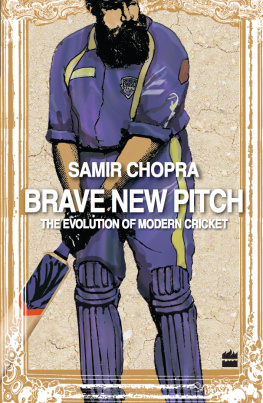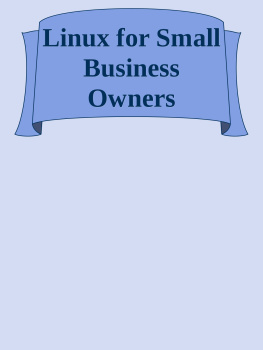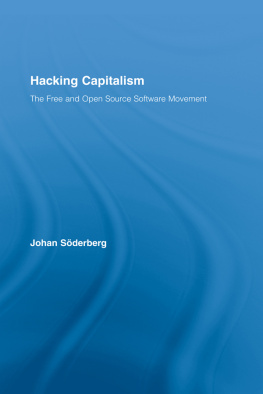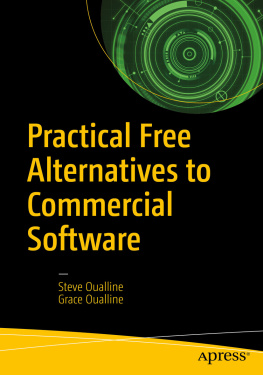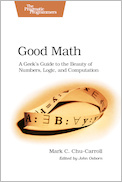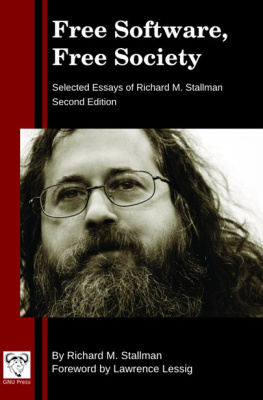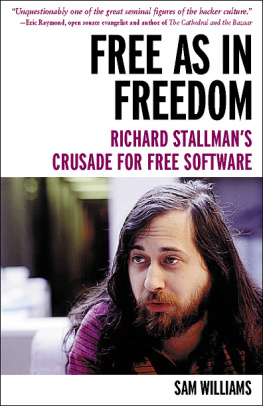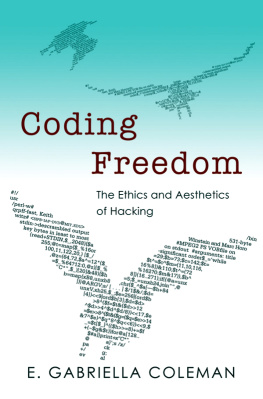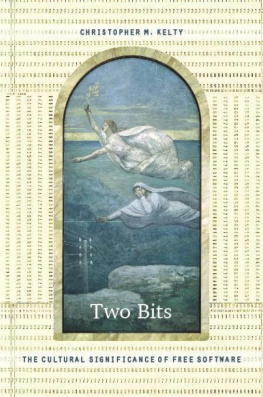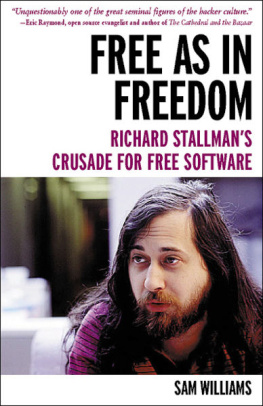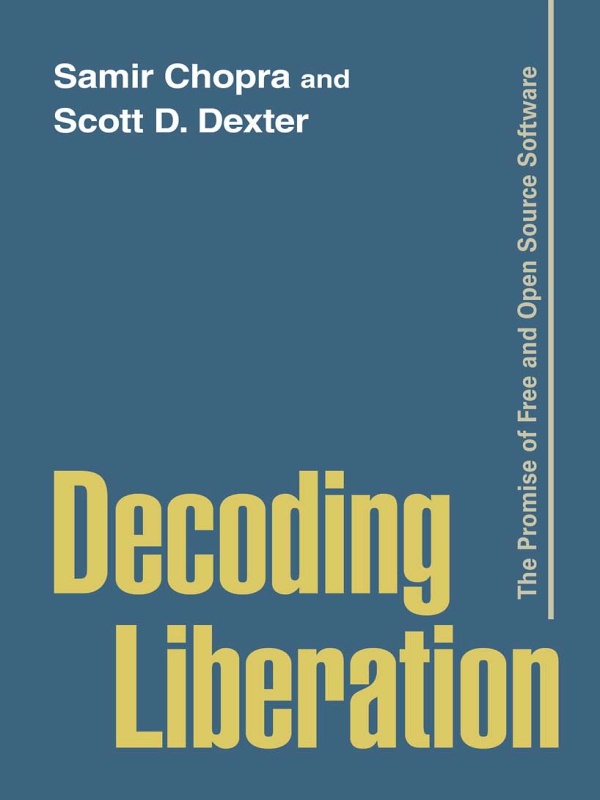Samir Chopra - Decoding Liberation: The Promise of Free and Open Source Software
Here you can read online Samir Chopra - Decoding Liberation: The Promise of Free and Open Source Software full text of the book (entire story) in english for free. Download pdf and epub, get meaning, cover and reviews about this ebook. year: 2007, publisher: Routledge, genre: Computer. Description of the work, (preface) as well as reviews are available. Best literature library LitArk.com created for fans of good reading and offers a wide selection of genres:
Romance novel
Science fiction
Adventure
Detective
Science
History
Home and family
Prose
Art
Politics
Computer
Non-fiction
Religion
Business
Children
Humor
Choose a favorite category and find really read worthwhile books. Enjoy immersion in the world of imagination, feel the emotions of the characters or learn something new for yourself, make an fascinating discovery.

- Book:Decoding Liberation: The Promise of Free and Open Source Software
- Author:
- Publisher:Routledge
- Genre:
- Year:2007
- Rating:5 / 5
- Favourites:Add to favourites
- Your mark:
Decoding Liberation: The Promise of Free and Open Source Software: summary, description and annotation
We offer to read an annotation, description, summary or preface (depends on what the author of the book "Decoding Liberation: The Promise of Free and Open Source Software" wrote himself). If you haven't found the necessary information about the book — write in the comments, we will try to find it.
Software is more than a set of instructions for computers: it enables (and disables) political imperatives and policies. Nowhere is the potential for radical social and political change more apparent than in the practice and movement known as free software. Free software makes the knowledge and innovation of its creators publicly available. This liberation of codecelebrated in free softwares explicatory slogan Think free speech, not free beeris the foundation, for example, of the Linux phenomenon.
Decoding Liberation provides a synoptic perspective on the relationships between free software and freedom. Focusing on five main themesthe emancipatory potential of technology, social liberties, the facilitation of creativity, the objectivity of computing as scientific practice, and the role of software in a cyborg worldthe authors ask: What are the freedoms of free software, and how are they manifested? This book is essential reading for anyone interested in understanding how free software promises to transform not only technology but society as well.
Samir Chopra: author's other books
Who wrote Decoding Liberation: The Promise of Free and Open Source Software? Find out the surname, the name of the author of the book and a list of all author's works by series.

